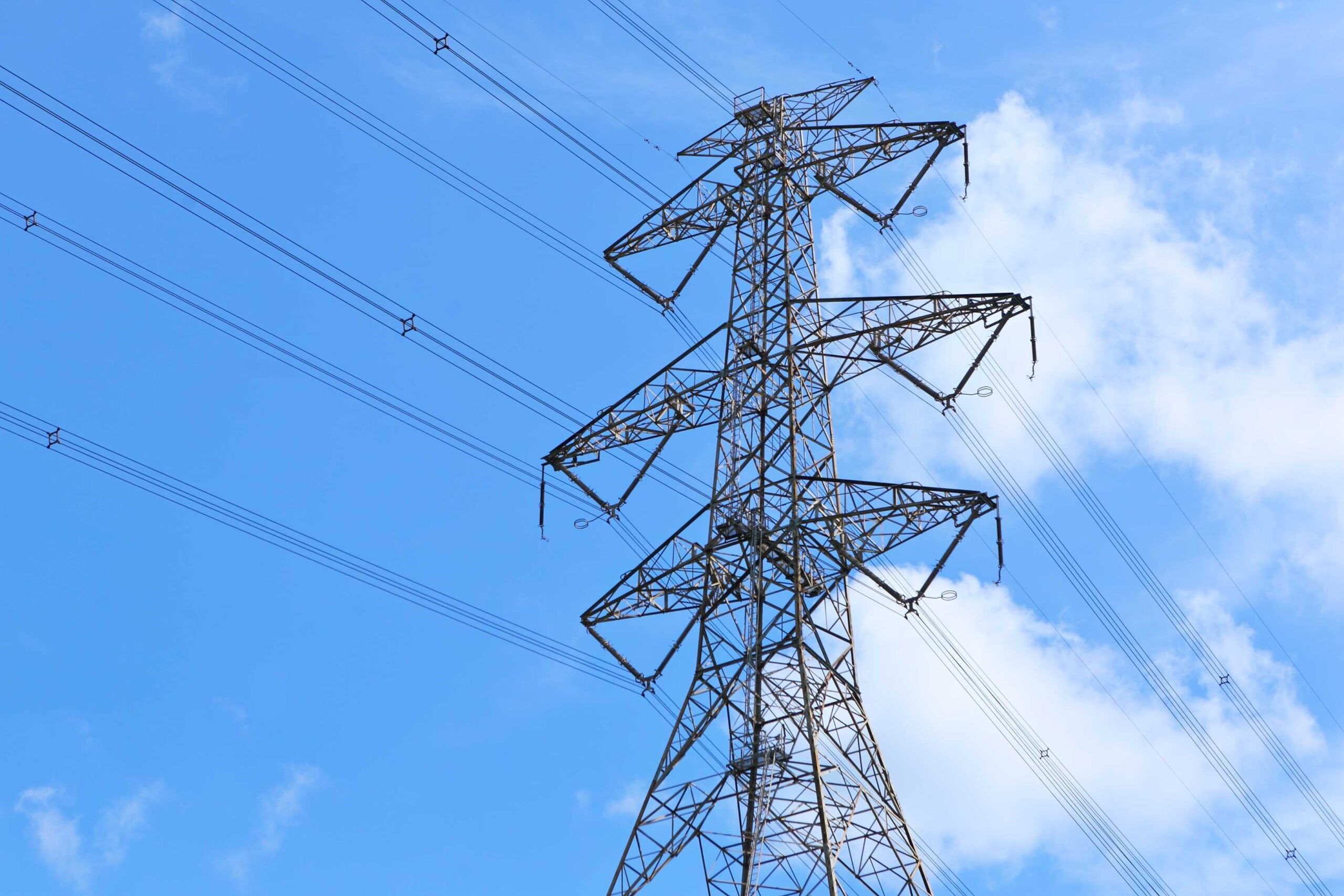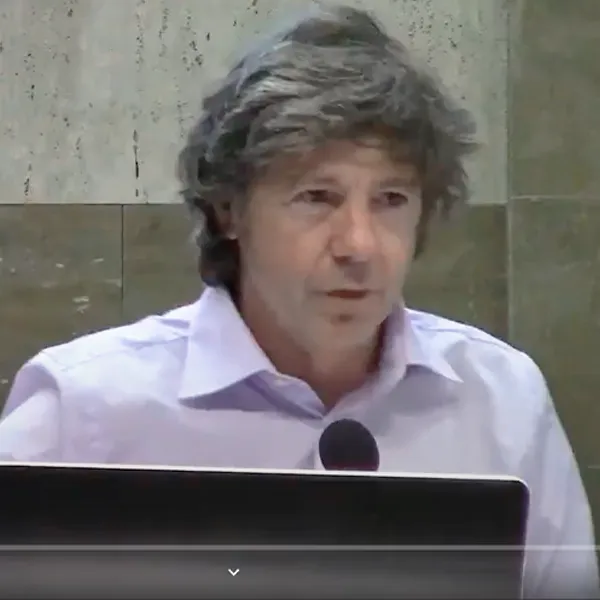Fereydoun Majlessi is a former diplomat, who served in Washington DC and in Brussels in the European community before the Iranian Revolution in 1979. Since then he has been a manager and an entrepreneur, as well as a writer and translator. He has translated Gore Vidal into Persian. At present he is a freelance journalist, columnist and a foreign policy expert.
The Barricade invited Mr. Majlessi for an interview after China and Iran agreed to “comprehensive cooperation”, while in Vienna, the United States reengaged with the rest of the group of six (the UK, France, Germany, Russia and China) and Iran over the possible revival of the 2015 Joint Comprehensive Plan of Action (JCPOA) nuclear deal that was suspended by Donald Trump in 2018.
Mr. Majlessi, Iran has just signed a 25-year road map for “comprehensive cooperation” with China. Some people say that this document is consent to turning Iran into a client state of China. Others consider it “a great political and diplomatic victory against American hegemony”. What is your view on that accord? And what are the reasons for its signature?
With regard to the signing of the long term roadmap for “comprehensive cooperation with China”, I neither believe that this document will turn Iran into a client state of China, nor consider it a great political and diplomatic victory against American hegemony!
First of all Iran is not a minor, weak, poor country that must become a client country or state of any nation. Iran is one of the important countries in the world, with considerable scientific, industrial, economic, and cultural developments. It is not in need of others’ help for its experience, and is not under any pressure which could force it to become a client or dependent country to any power.
I believe that unfortunately Iran has suffered from some political ambitions, adventures and interference in affairs that are not in the national interest. These interferences have imposed economic and financial sanctions on the country, causing difficult situations in the country’s international trade and relations. Under such circumstances China continued to deal with Iran by buying petroleum and selling Iran what it needs as a sort of cash barter transaction. So it is not unusual that Iran prefers to have further deals with China under better conditions.
Our problem is why Iran should be under such sanctions that do not give more choices in buying and selling, to be in a safer market. The roadmap is not a binding contract, it depends on the goodwill of both parties to continue and enjoy it as long as the parties are satisfied, and stop if they are not!
Secondly, I don’t see any so-called threats of American hegemony! This slogan seems to have been fabricated for domestic use! The animosity of the Islamic regime in Iran is because of American support of Israel’s aggression against Palestinians, and on the American side it is because of Iran’s extremists slogans against the existence of Israel!!
In what ways is Iran’s interest towards Russia, with which it also has a strategic agreement, different from the one with China?
I don’t know if there is any strategic agreement between Iran and Russia, so I won’t make a judgment about a matter which I am not aware of. And I’m not even suggesting approval for such a strategic agreement between two unequal powers! Although I believe that between Iran and its great neighbour, Russia, there must exist the finest mutual political and economic relations. But the problem is that in the case of China, they are the buyer of Iranian petroleum and petrochemicals among other things, so there is in return enough credit for Iran to buy the material and services it needs. But Russia is not a buyer of Iranian petroleum, nor of petrochemical products, and the two neighbours are not yet familiar enough with each other’s markets and potential. And maybe the ports of the two countries on the Caspian Sea are not well equipped for better shipping and handling. Iranian petrochemicals might have a good market in Russia and provide credit in return for buying Russian industrial goods.
Iran and the United States are both considering the revival of the nuclear deal, even though this long-awaited process has been advancing slowly. What makes these two countries look for mutually beneficial diplomacy in this moment? On what issues and within what limits could the USA and Iran cooperate?
The United States is the greatest economic and industrial power in the world. This is why China is the number one client of the US. I consider the futile animosity between the two countries as a story of great waste and a harmful war of erosion for Iran.
I think Iran might accept that the legal rights of the Palestinian people be granted according to the United Nations Security Council resolutions and compensation paid.
In return Iran might have access to the Syrian ports on Mediterranean Sea through Iraq, and the region might enjoy peaceful prosperity and development after a long devastation. The United States might participate alongside other nations and have a considerable share in the reconstruction of the ruins!
The Biden administration announced that human rights and their protection will be one of the pillars of its foreign policy. The same is generally true for the EU. How will the human rights element of international relations influence Iran’s foreign and internal politics in the next four years? To what extent will Europe continue to be a desired and trusted partner for Iran after the era of Donald Trump?
It is good that the United States and Europe always point out the importance of human rights to other countries which give less consideration to such rights because of their historical and religious beliefs, and also it is good that other nations remind them of their own shortcomings now, like the shameful records of the dark era of President Trump. They should also be reminded of the double standards of their actions in the past and present. I hope that these notifications will be effective on both sides to consider the criticisms and correct their attitudes accordingly, despite denials.
Hassan Rouhani came to power with a promise to cure the wounds of the divisive presidency of Mahmoud Ahmadinejad. Rouhani was associated with moderation in Iranian politics. He was chosen also with a promise of the reintegration of Iran in the international economy, but over time Iran hasn’t returned to the world economy and has remained under sanctions. Recently there have been a lot of attacks on Rouhani’s administration in Iran. What is your evaluation of the outgoing administration of Hassan Rouhani and its foreign minister Mohammad Javad Zarif? What were they right about and in what they were wrong? And what will be the political profile of the next Iranian president?
The overwhelming and successful election of Rouhani as president was another opportunity that showed that the majority of Iranians support moderate policies and prefer an active international presence and economic exchanges rather than isolation and animosity! But the extremists who have the upper hand didn’t allow Rouhani to keep his word. If I were him I would resign. The reason that these same people are attacking him is a sort of escape from their own responsibility for shortcomings caused by their wrongdoings inside Iran and abroad.
How have the Trump era and the Abraham Accords changed the Middle East from the perspective of Iran? To what extent does everything that benefits Israel in the Middle East work to the disadvantage of Iran and vice versa?
The Abraham Accords are a decision made by some Arabs for themselves – it is up to them to make their decision and choose between war and poverty or peace and prosperity and development. Of course that benefits Israel and it might even benefit Iran, showing that it’s better if Arabs are able to make decisions for their own benefit, and Iran might morally support their decision!
You have noted that Iran has been in isolation in international relations. What should Iran do in order to overcome this isolation? And what is the place of the countries from Southeastern Europe such as Bulgaria and Romania in Iran’s foreign policy?
Iran is actually isolated by the American sanctions imposed on it for Islamic slogans against Israel! The main thing for Iran to do is to avoid shouldering the responsibility of changing the old Arab-Israel problem to an Iran-Israel problem, while the Arabs hide and don’t pay any attention to the matter!
I believe that any meaningful relations between Iran and countries like Romania and Bulgaria is dependent on releasing Iran from sanctions. In that case with regard to the relatively short distance between Iran and the Black Sea countries, Iran can provide steel and metals, petrochemicals, cement, methanol, resins, paper chemicals, carpets, and may import machinery, wood products and other things. The Black Sea countries could provide good holiday destinations for Iranians who like green countries!
Photo: Fereydoun Majlessi (source: IRNA)
The Barricade is an independent platform, which is supported financially by its readers. If you have enjoyed reading this article, support The Barricade’s existence! See how you can help – here! Also, you can subscribe to our Patreon page.
The Barricade also has a booming Telegram channel, a Twitter account and a YouTube channel, where all the podcasts are hosted. It can also be followed in Rumble, Spotify, SoundCloud and Instagram.
Warning: Undefined array key "layout_mood" in /home/klient.dhosting.pl/bcdmedia/thebarricade.online/public_html/wp-content/themes/viewtube/header.php on line 116









